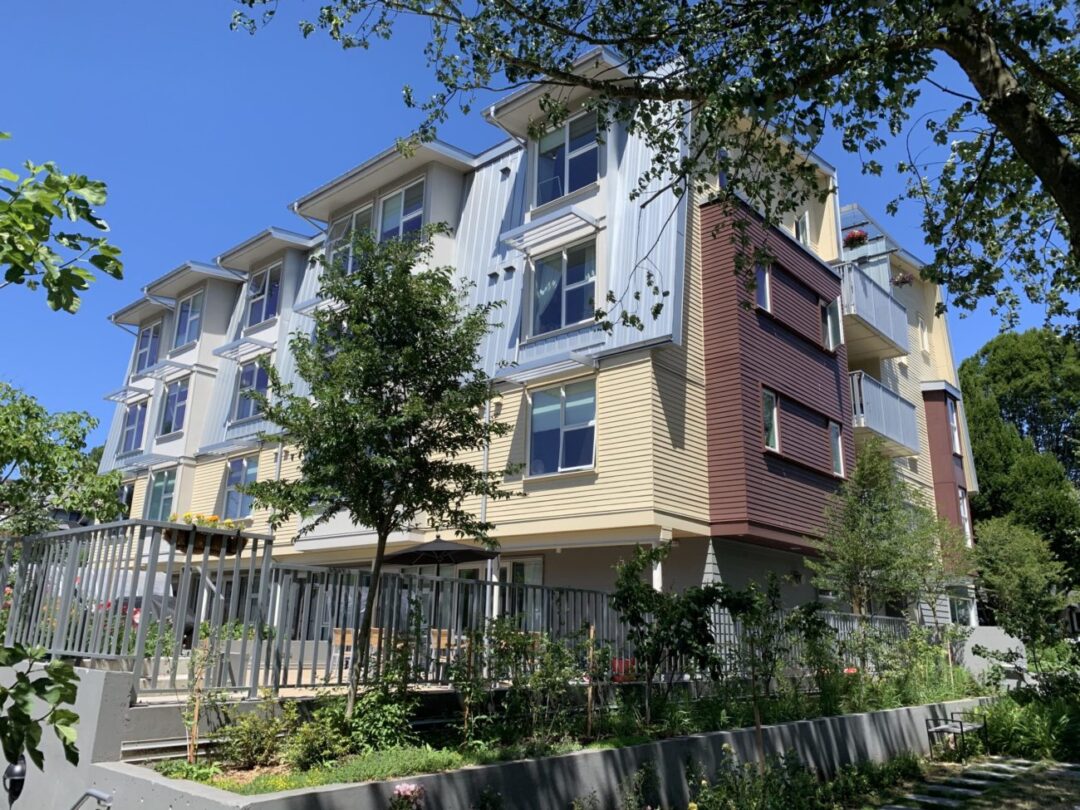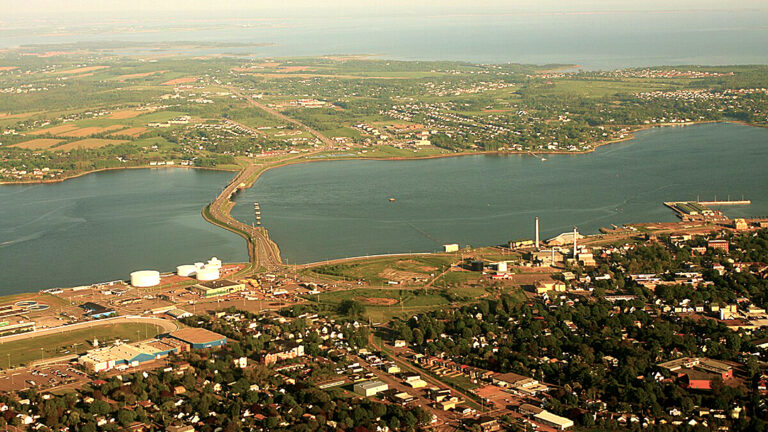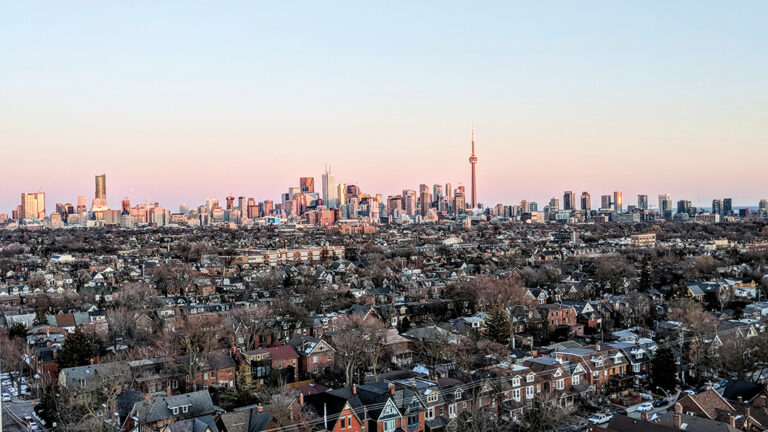Faith-based organizations are often asset-rich but cash-poor. With a little help, however, they can take action to support the supply of affordable housing in their communities, and thus address issues such as loneliness and homelessness. This is the story of Co:Here Housing in Vancouver, born out of a partnership between Grandview Church and the Salsbury Community Society.
The youngest of eight children, Todd Kenneth was just 7 years old when his family was broken apart. The trauma had a profound impact on his sense of belonging. Experiencing bouts of homelessness throughout his life, he has struggled to find safe, secure housing and a nurturing community.
“The only people I talked to were people in retail stores or the bus driver, and the effect it had on me… I could literally feel my spirit wither,” Kenneth shares in a video about Co:Here Housing, a Vancouver mixed-income apartment building where he now lives.
“I lost my ability to be social. I think that social isolation is a big part of what our city struggles with right now.”
Despite ranking as one of the world’s most livable cities, residing in the Greater Vancouver region is more about surviving than living for about a third of households, many struggling with high — and ever-increasing — rents.
Co:Here Housing was created not only to provide a safe, affordable haven but to address a related societal malaise: loneliness. Declared a public health concern by the World Health Organization, loneliness is now believed to cause as much damage as obesity or smoking 15 cigarettes a day.
A 2017 survey for the Vancouver Foundation indicated that 23% of Vancouver residents report spending time alone more often than they would like. The number jumps to 47% for those whose annual income is less than $20,000.
Wanting to alleviate loneliness and cultural disconnection, Co:Here Housing is designed with human connection at the core: while the proportion of common space in most rental buildings is 15 to 20%, this space was designed with 47% of its square footage dedicated to shared living.
A serendipitous discovery for people like Kenneth.
“When I read the application for Co:Here, there was [a question about] what it means to be a good neighbour [and] about doing things intentionally in the community,” said Kenneth. “It really spoke to me, and it sounded like something that would fit in my life, something that I wanted for a long time.”
Kenneth had moved more than 50 times by the time he was 52. He said this is the first time he has ever felt safe and secure.
For Kenneth and others, the new apartment was heaven-sent. And not just figuratively.
Only a few years ago, the site of the four-storey apartment building was nothing but a derelict parking lot that belonged to Grandview Church.
Humble beginnings
“I don’t want to paint a romantic picture, because it was very messy at times,” says Grandview Church Pastor Joy Banks in the video.
“As the church was trying to engage the community, a social worker asked, ‘what are you doing to try to address homelessness?’ — which began a long journey for us. [I mean,] what are we doing to address homelessness? And what’s our call in that?”
This questioning prompted a new partnership with the Salsbury Community Society, with early experiments in housing beginning in 1997. Using existing housing stock, they focused on intentional community living in single-family homes. And although it had positive effects, some challenges, like a lack of privacy and architectural inflexibility, were hard to reconcile.
Largely a matter of trial and error, it became a springboard for a new vision: the development of an apartment complex designed, from the beginning, for community and belonging.
“Grandview Church and Salsbury Community Society had this vision of a new kind of housing, and they had been circling for years, not able to move forward,” adds Rebecca Pousette, project manager at Co:Here Foundation. “They formed Co:Here Foundation to guide the development of the project.”
And in the early 2000s, Grandview Church donated land to the Co:Here Foundation, effectively launching the project.
Co:Here Housing opened in 2018 on Grandview Church’s former parking lot after a 13-year development process.
Finding new purpose
Although many faith-based organizations have expressed a similar interest in contributing to affordable housing supply, very few have succeeded in doing so.
Quite simply, faith-based organizations that own land are often asset-rich but cash-poor: their land may be worth millions, but they typically lack the necessary expertise and financial resources for redevelopments of this magnitude.
“During the [development] process, we had many churches, and faith-based organizations, come to us, and say ‘we would love your help, can you help us? We love this project’ and we just did not have the capacity because we were volunteer-driven,” says Pousette. “So, we caught our breaths in 2019 and then said, ‘you know what? What could we offer to this sector? Is there a need?’”
Moving beyond inspiration, Co:Here Foundation is seeking to provide services that will help other faith-based groups get past the hurdles of their development journey. Recognizing the important impact this could have on the sector, the Community Housing Transformation Centre has awarded $65,000 to the Co:Here Foundation to get the ball rolling.
“While CoHere still depends extensively on the volunteer development expertise of our Board of Dirctors, this grant enables us to hire staff to keep these projects going, to start our pilot project and to start taking on other organizations,” says Pousette. “We really couldn’t have started building our capacity if it wasn’t for the grant. It’s been really influential: it’s been a catalyst for us.”
Religious organizations own $7 billion worth of property in Metro Vancouver and Greater Victoria, so replicating Co:Here Housing’s success could have a huge impact on community housing in urban British Columbia. From church-owned green spaces and houses to parking lots and gyms, the potential for projects is enormous.
“There is an incredible opportunity for faith communities to step up and to respond to the need that we have for affordable housing, without giving up their land or displacing their worshiping communities” adds Pousette.
“My hope is that faith-based organizations in the city see the incredible opportunity that they have to do tremendous good in their neighbourhood.”



